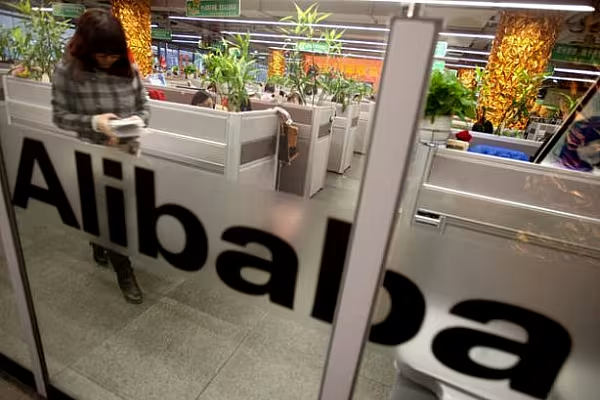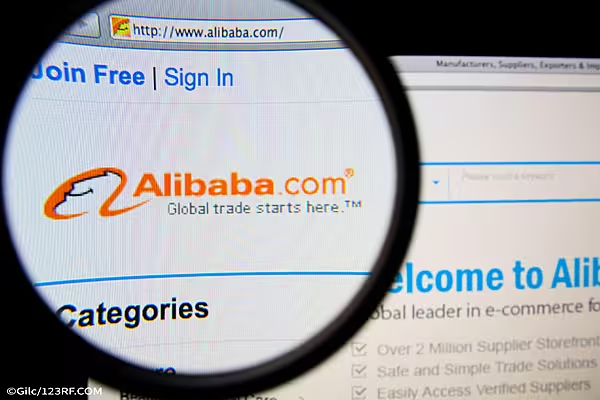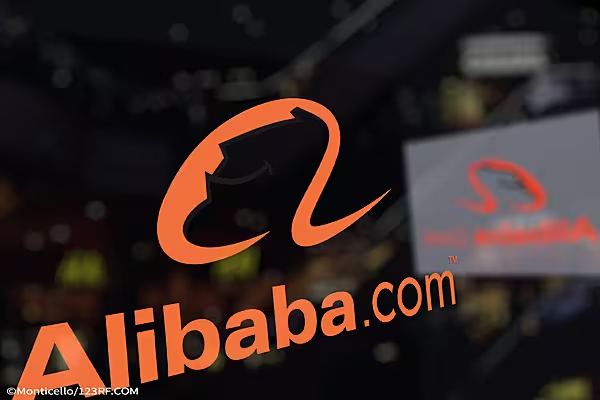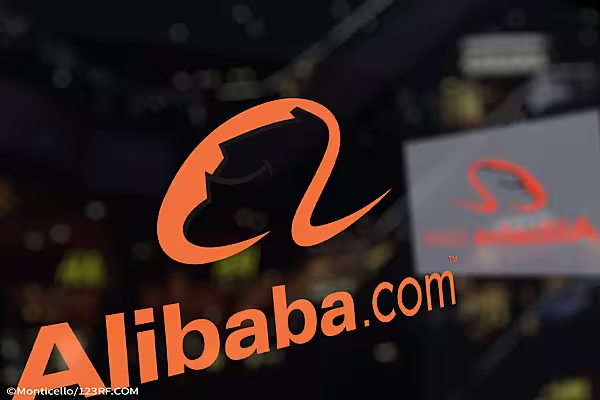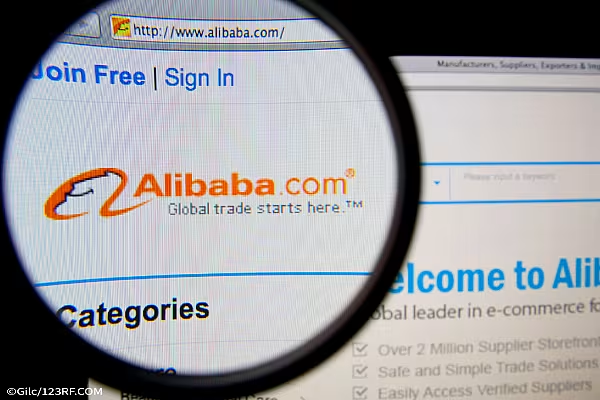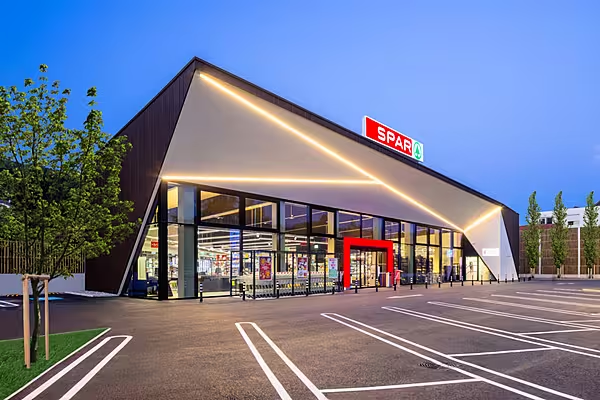Data culled from China’s most-used search engine, biggest online outlet and main bank-card network are signalling stabilisation in the nation’s economy.
Three alternative indicators suggest less of a deceleration in the world’s second-largest economy, and reduced risk of a hard landing. That was also the conclusion of a private survey released this week, showing little danger of economic collapse after the stock-market plunge and currency devaluation.
"The economy is still stable, and we don’t see much volatility in consumption," said Zhao Meng, Shanghai-based founder of UnionPay Advisors, which tracks bank-card spending data in real time to measure consumption patterns across various industries. "People still have the buying power."
With China’s economy set to be a key focus of his first state visit to the US this week, President Xi Jinping told The Wall Street Journal that his government will emphasise “developing an innovation- and consumption-driven economy” and stick with reforms, despite a slowdown.
Online interest in small and medium-sized enterprises is seeing a rebound in September, after recently falling to the lowest level since 2010, according to a preliminary reading of an index developed by Beijing-based Baidu, which handles more than six billion searches a day.
Baidu tracks how often users click links to smaller companies. “Internet users’ search requests can reflect the market demand, and indicate the state of the businesses,” the company said in an emailed response to Bloomberg News.
The preliminary reading is released on the 18th of each month, usually earlier than the flash-reading of the Caixin China Manufacturing Purchasing Managers’ Index, which is often the first economic indicator released for each month.
Consumer-price inflation has picked up amid gains in food prices, while a three-year streak of factory-gate deflation deepens. An index developed by Alibaba Group Holding Ltd, China’s largest e-commerce company, shows consumer prices quickening more than the government’s official reading.
Prices for all goods sold online rose 7.4 per cent in August, an index developed by the Hangzhou-based company’s research arm shows.
Among the ten categories of goods that Alibaba tracks, prices for a group that includes collectibles and financial services rose 14.1 per cent from a year earlier, while the category for entertainment and education increased 13.7 per cent. Food was 13.1 per cent more expensive compared to a year earlier.
Still, there were some signs of deflation. Another indicator tracking a fixed basket of about 100,000 products showed prices for consumer staples fell, compared with a year earlier, due mostly to cheaper clothing.
News by Bloomberg, edited by ESM. To subscribe to ESM: The European Supermarket Magazine, click here.
